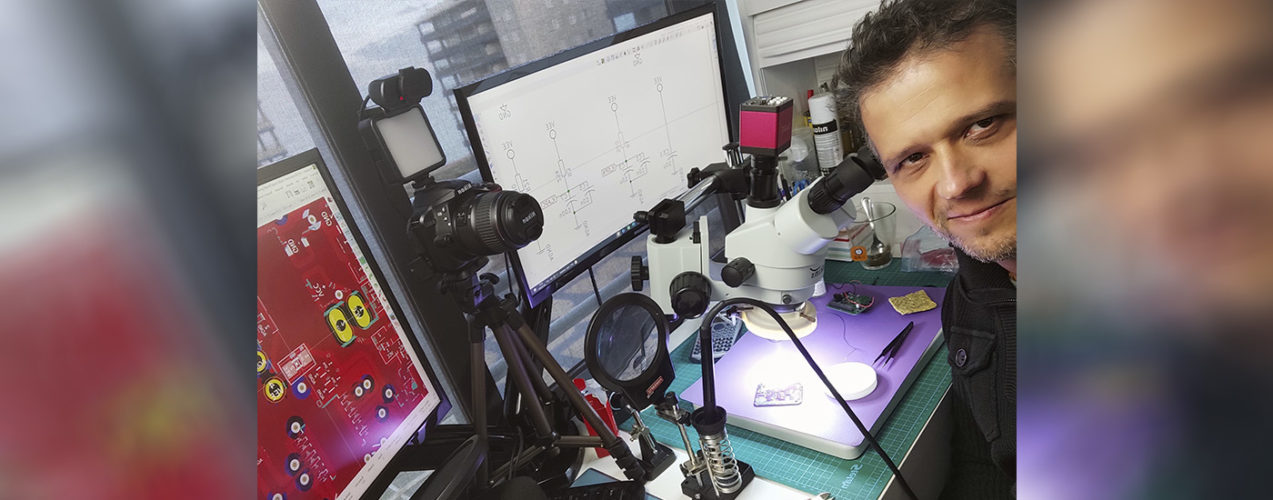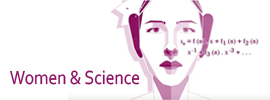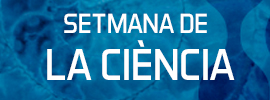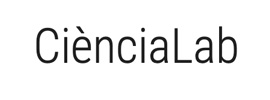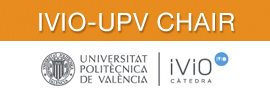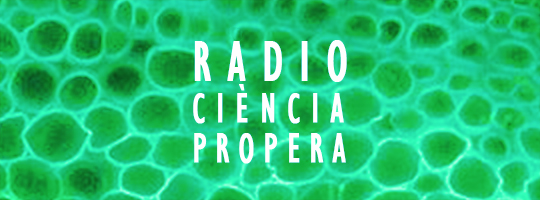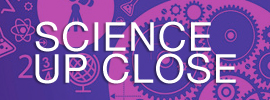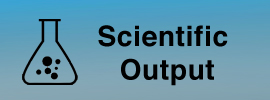Writing a doctoral thesis has been a challenging experience for me. The pandemic affected my progress to some extent, since I had to do a lot of assignments online, turning my home into a laboratory. Funding was an important factor in my research process, and it was key to being able to dedicate myself to research concurrently with my job as a vocational-technical teacher. Being part of a small research group proved to be a challenge, but I managed to obtain a grant, an FPI contract. Despite this, I was unable take advantage the 3-year contract because I had to resign due to incompatibility with my job. I had to juggle my doctoral studies with my job, as well as with my undergraduate studies in Sound and Image Telecommunications Engineering and the Master’s degree in Digital Electronic Systems.
I was always convinced that my thesis topic chose me and although I was a little skeptical, my experience in the Master’s Degree in Industrial Design, the years spent in the healthcare sector and my grandfather’s death from prostate cancer made me feel equipped to address the issue. I had to learn a lot about software engineering, 3D printing, gas sensors, web applications, neural networks, artificial intelligence, databases, security and putting IT systems into production. It has not been easy and there were times when I thought about giving up, but I finally I achieved the results needed to finish the thesis titled “Analysis, design and implementation of non-invasive instrumentation for the detection of prostate and bladder cancer using MOS technology” with a Cum Laude .
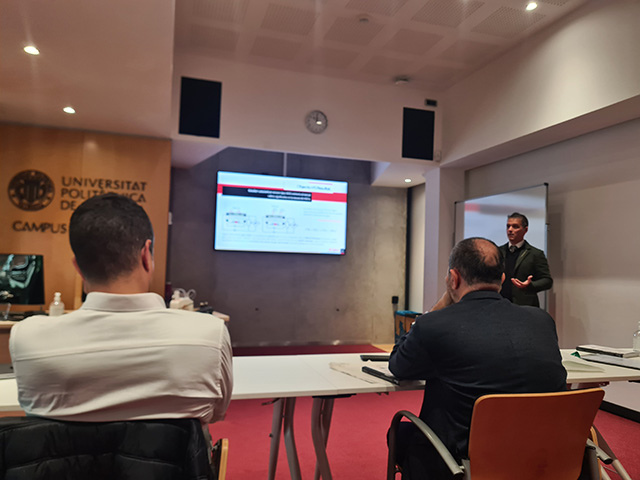
Finding a reliable non-invasive classification method to distinguish between patients with prostate cancer and benign prostatic hyperplasia is not a trivial task. The most commonly used specific prostate antigen shows an increase in other situations such as urinary retention or ejaculation. Cellular metabolic products, such as volatile compounds in the form of bio- fiuids, present an opportunity to study them by using metal oxide semiconductor technology.
An electronic nose designed for these biofiuids could become a key outpatient test to reduce the number of biopsies. The 3D design, creating electronic and pneumatic circuits, adapting the samples, creating a standardized database for electronic noses, determining user friendly interface for healthcare professional, a secure system to communicate with a data storage server and all the necessary software to make the democratization of electronic noses in hospital care viable, constituted the strategies used for the thesis project. In addition, the method used to increase the number of data was decisive in for easier training of the neural network, achieving an 87% accuracy in the classification of patients with prostate cancer and benign prostatic hyperplasia. An electronic nose is used to obtain these signals.
In summary, this study details the methods and procedures of the research carried out with patients with prostate cancer and benign prostatic hyperplasia with the purpose of obtaining a prototype of an electronic nose for the classification of patients using urine as a bio-fluid. The idea was to write a base reference on which to continue building understanding about electronic noses applied to patient classification.

For me, the thesis is not just a document, it is a period of personal growth. It was conditioned by various factors, a pandemic, the initial approach, funding, the host group, the line of research, the author’s socio-economic development and self-learning in the execution process.
I would like to thank Campus Gandia (UPV) for the access they provided me to their facilities, the willingness of the technical personnel Toni and Paco, and doctors José Pelegrí and José Luis Ruiz who both supervised my thesis. I would not have been able to do it without them.
I have studied on the three campuses, Alcoi, Valencia and Gandia, even doing an Erasmus in Italy at the Ludovico Quaroni College in Rome. I would like to highlight the virtues of Campus Gandia; it is very welcoming and accessible to leading professionals in the technology sector and it has been the real opportunity to finish my doctorate.
Juan Bautista Talens Felis, doctor from the Universitat Politècnica de València
